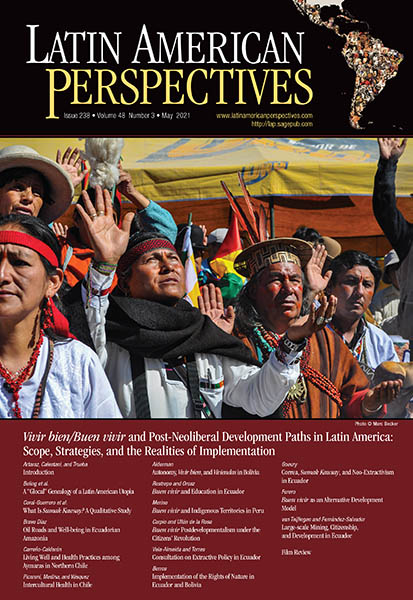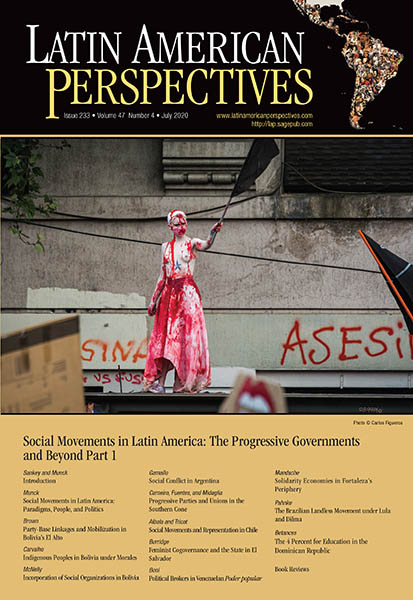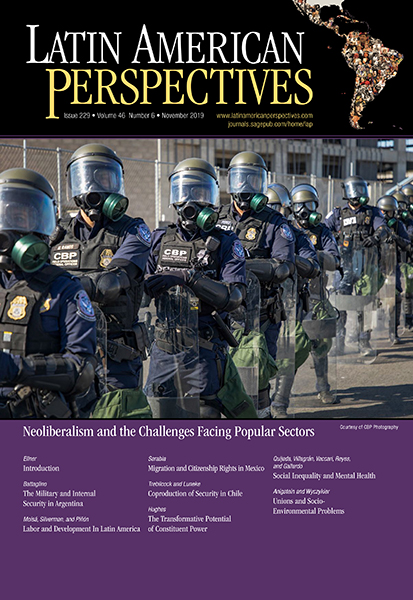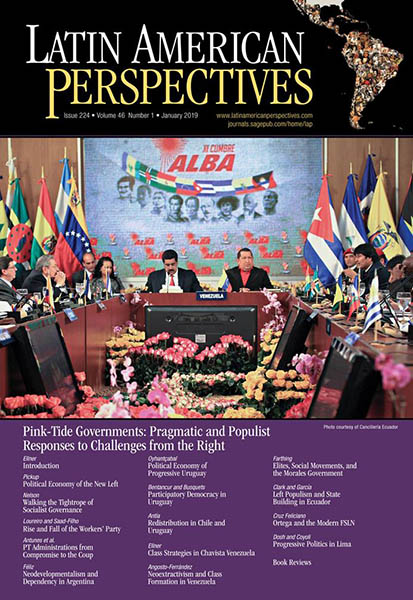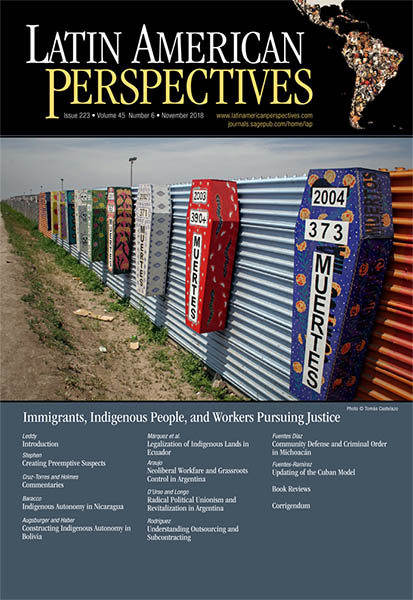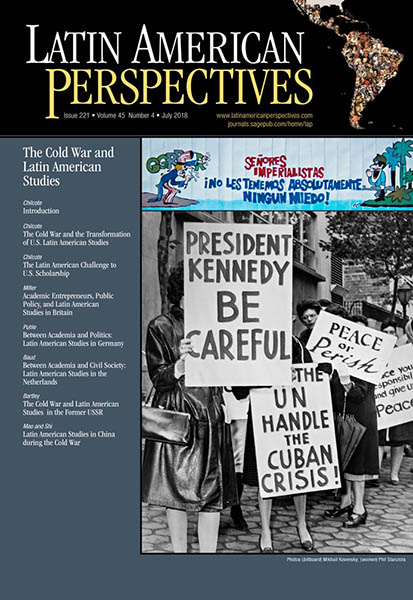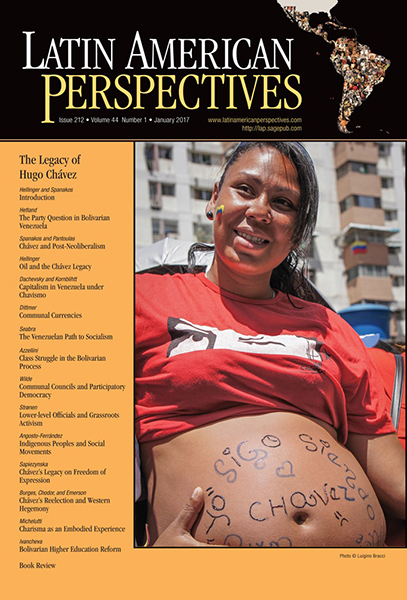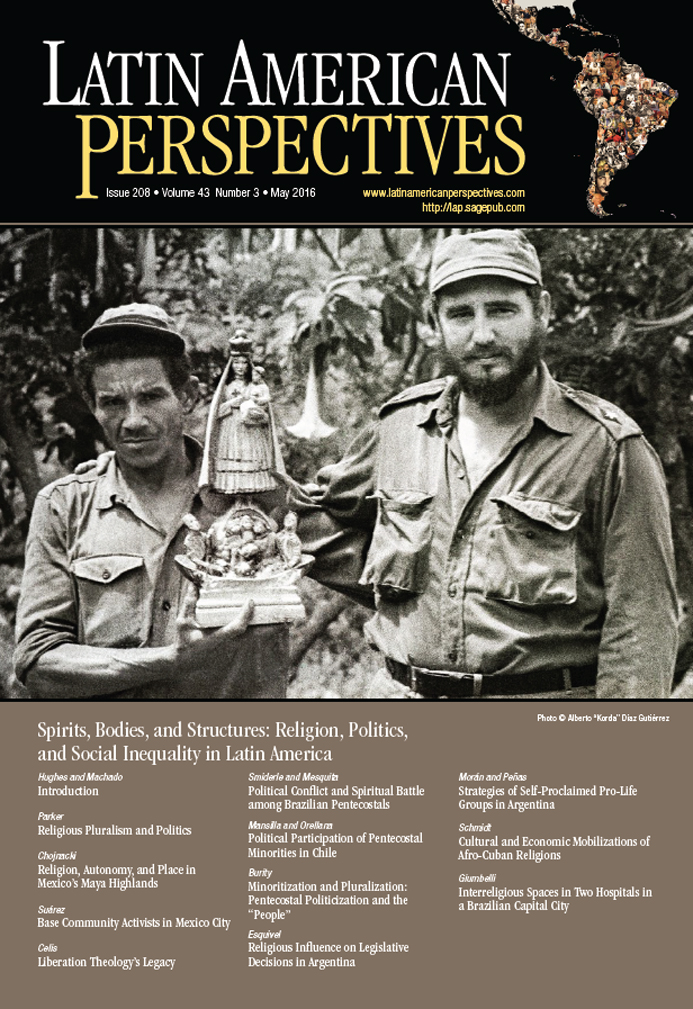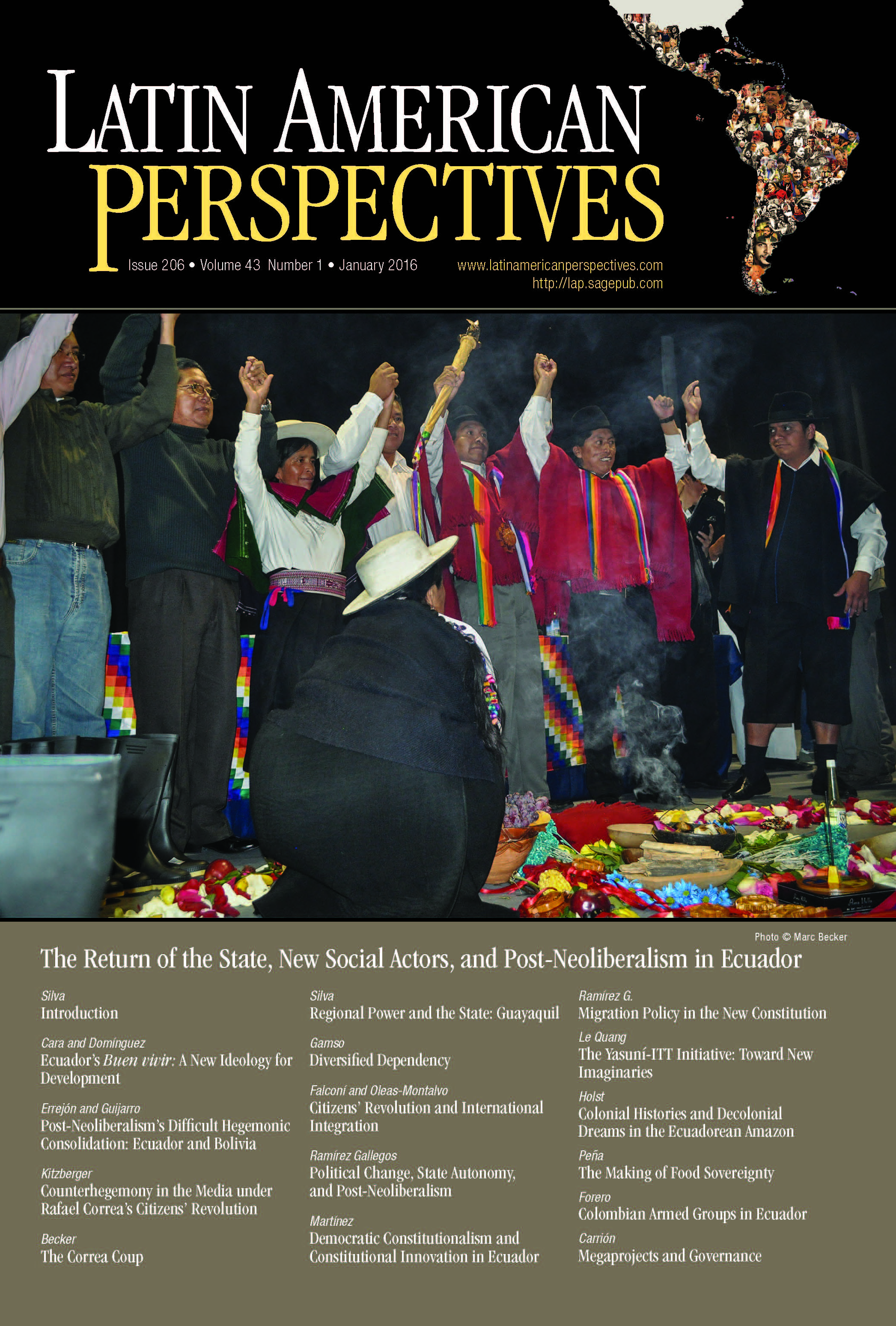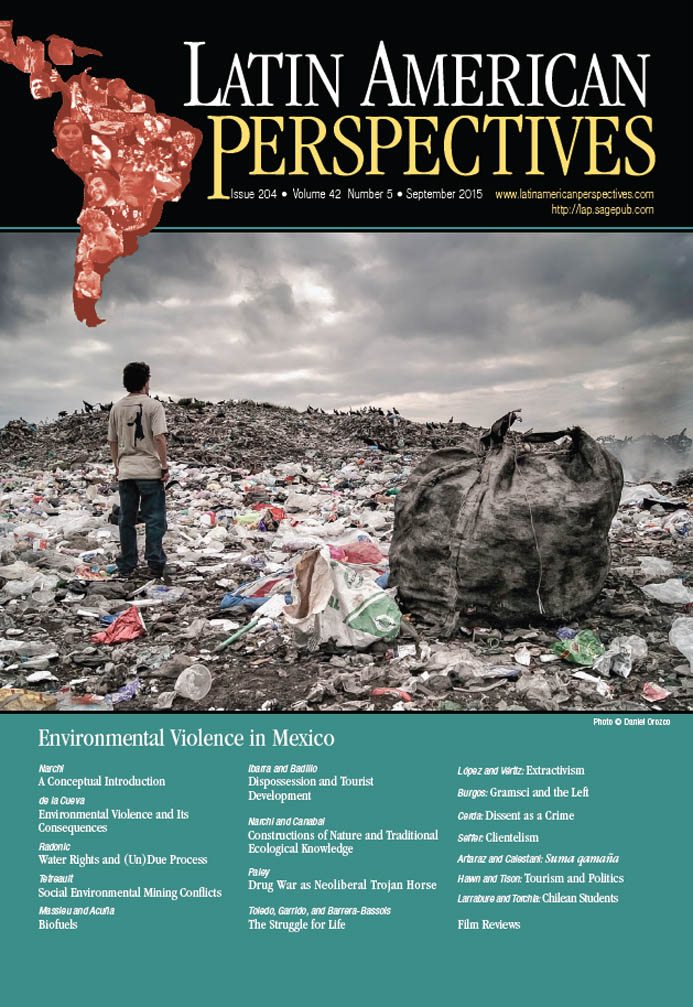Vivir bien/Buen vivir and Post-Neoliberal Development Paths in Latin America: Scope, Strategies, and the Realities of Implementation
May 2021 Issue Editors: Kepa Artaraz, Melania Calestani, and Mei L. Trueba This special issue engages with the concept of buen vivir/vivir bien and how it has become a central driver in policy processes. However, the multiple variants of buen vivir/vivir bien and the struggle for hegemonic control of its meaning may also be the source of conflict between different groups. Contributors in this issue explore the contested meaning from a variety of different perspectives (indigenous, governmental and non-governmental) and the varying ways in which this concept feeds into alternative post-neoliberal ways of living. The essays address the realities of implementation in policy contexts, critically exploring strengths, limitations and barriers. TABLE OF CONTENTS | PURCHASE THIS ISSUE [/fusion_text][/fusion_builder_column][/fusion_builder_row][/fusion_builder_container]


